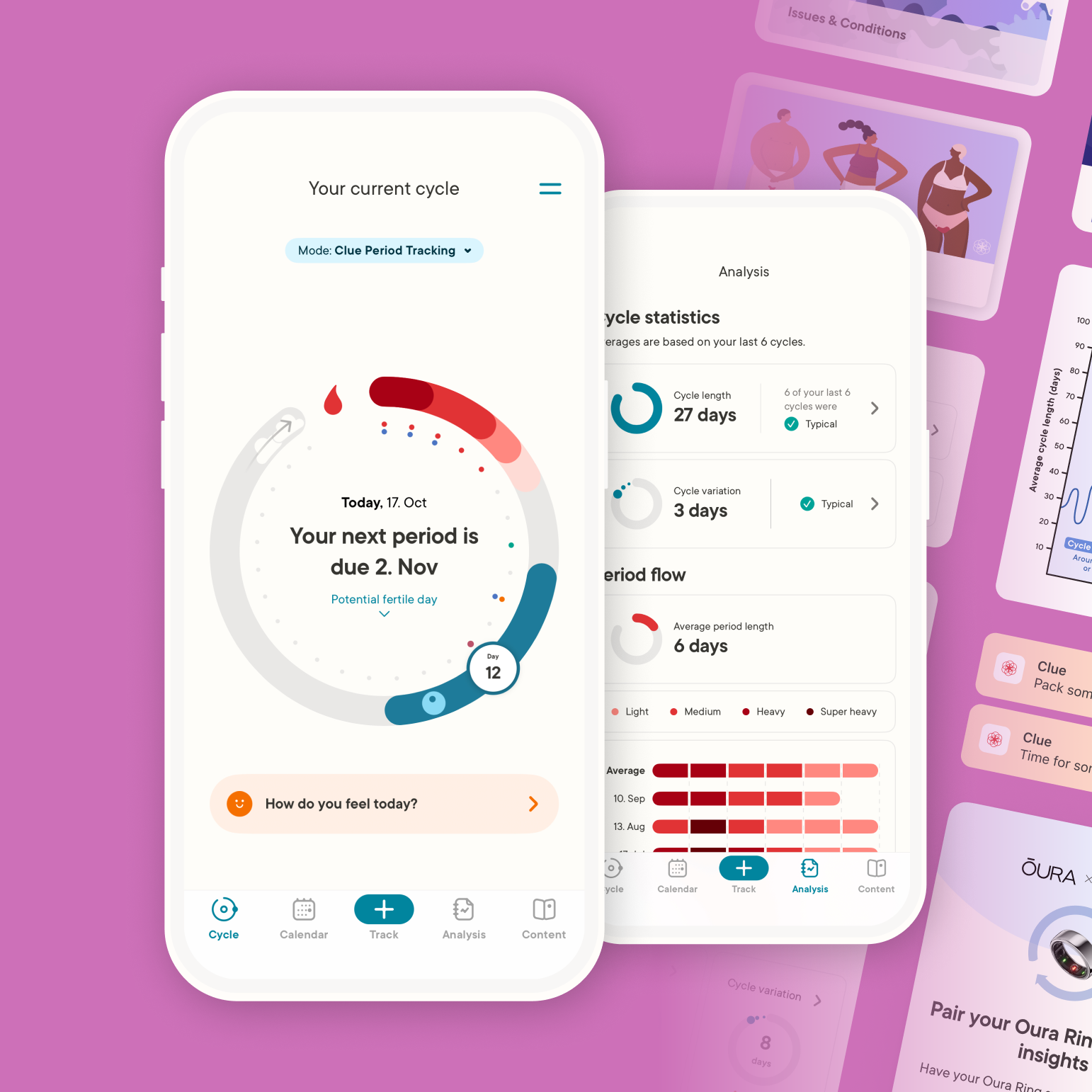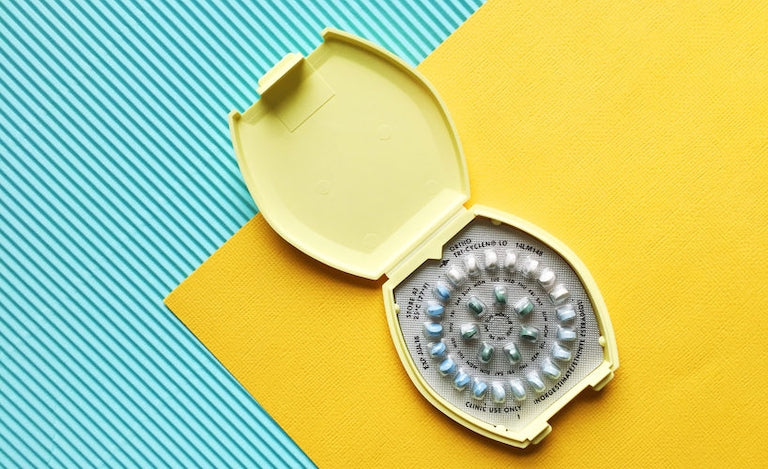The pill is America's most popular form of contraception. In fact, four of five sexually active women have used an oral contraceptive pill at some point, which means most of us have experienced that panicked moment when we realize we forgot to take it.
You know the drill: the pill is part of your morning ritual, and most of the time you do great. Wash face, brush teeth, take pill. Then one morning, it slips your mind: wash face, brush teeth, check text messages, get distracted, and then, next thing you know, an entire day has gone by and now it's time for bed. Then what? Should you take your pill? Will it still work? Do you need to use backup protection?
It Depends
The answers to these questions depend on the type of birth control you're using. Birth control pills are made of hormones and there are two main types of pills. Most birth control pills are "combination pills" which contain two hormones: estrogen and progestin. Their strongest mechanism of action is that they inhibit ovulation. However, some pills are progestin-only, which make cervical mucus thicker and keep sperm from getting to the eggs (but do not affect ovulation).
If you're taking a combination pill, we have good news: you don't have to take this pill at the exact same time every day. You can say goodbye to your lunchtime freak-out; so long as you're taking your pill each day, your chances of pregnancy are incredibly low.
If you're taking a combination pill, we have good news: you don't have to take this pill at the exact same time every day.
Dr. Carolyn Murphy, a family physician with Sansum Clinic in Santa Barbara, CA, confirmed that the primary reason doctors recommend taking the combination pill at the same time every day is so you build a habit. It's important that you ingest the pill daily, and setting a reminder on your phone or incorporating the pill into a morning or evening routine will help ensure consistency so that you don't forget and accidentally skip it. But have no fear; if you forget your morning pill you can take it later in the day. You only need back-up protection if you miss two or more consecutive hormone pills. Whew!
Now, if you're taking the progestin-only pill, you better watch the clock. Also called "the mini pill," the progestin-only pill increases cervical mucus, which makes conception more difficult. Because the hormone-dosage is lower, and the pills have a shorter duration of action, it's important that you take the pill at the same time, or within the same three-hour window, each day.
For example, if you typically take the pill at 7AM, but one day you forget and don't take it until 9AM, you're still okay. However, if you don't remember until 2:30PM, you'll need to take extra precautions. Dr. Murphy stressed the importance of time with this particular pill, noting that if you are outside the three-hour window, you will need to use an alternative method of protection until you have taken the pill at the same time for two consecutive days.
The Bottom Line
So if you're taking the mini pill, save yourself the stress and set an alert on your phone. For those of you taking the combination pill, breath a sigh of relief. You may think you can feel a baby growing inside of you four hours after your missed dose, but rest assured, it's all in your head. Grab that little pill packet and get back on track. You've got this!













